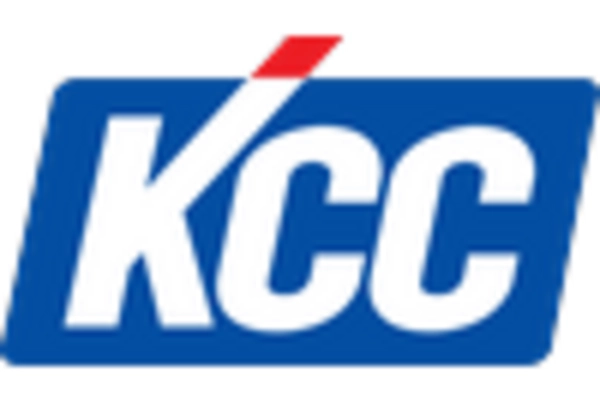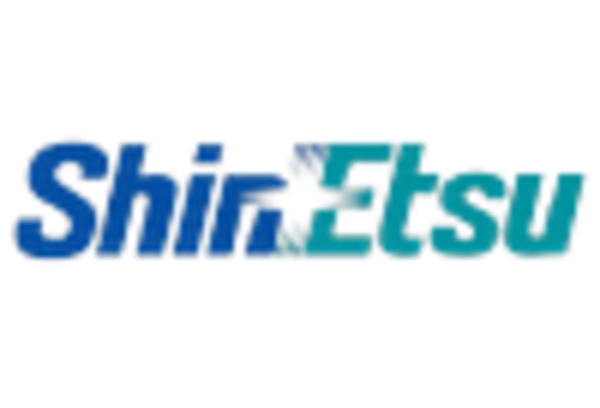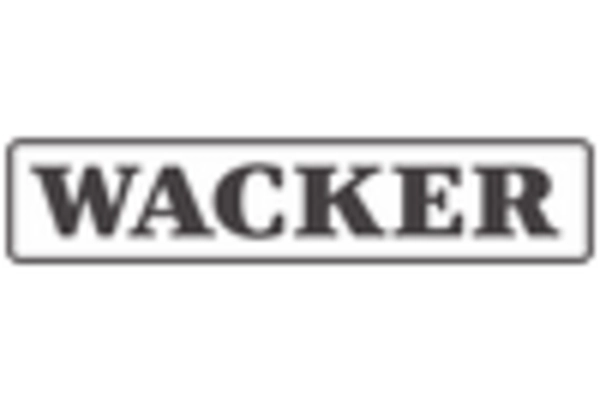Market Analysis
In-depth Analysis of Organosilicon Polymers Polysiloxane Market Industry Landscape
Organosilicon Polymers, or Polysiloxane, have a fascinating market dynamics full of aspects that affect its growth and trends. Construction, electronics, and other industries use polysiloxane, an organosilicon polymer. Demand for high-performance materials with excellent thermal stability and weather resistance drives the market. Polysiloxane's alternating silicon and oxygen atoms give it heat resistance and endurance, making it ideal for sealants, adhesives, and coatings.
Automotive industry is a major contributor to Organosilicon Polymers market growth. Polymers' potential to improve automobile component durability and weather resistance and fuel efficiency through coatings and adhesives has increased demand. Polysiloxane is also used to encapsulate electronic components and make flexible printed circuits in the growing electronics industry. As electronic components are integrated into consumer items, these polymers are in demand for electrical insulation and environmental protection.
Global environmental concerns have boosted Organosilicon Polymer use. For enterprises seeking eco-friendly options, Polysiloxane stands out for its minimal environmental effect and sustainability. Low-toxicity and ecologically friendly polymers coincide with the increased emphasis on green and sustainable technologies. This shift towards eco-friendly solutions has given market participants new chances to innovate and produce sophisticated formulations that meet performance and environmental criteria.
However, raw material price fluctuations continue to threaten Organosilicon Polymers' market dynamics. Silicon metal is used to make polysiloxane, which has volatile pricing. Manufacturers' pricing tactics may be affected by production costs. Chemical usage rules in various locations also make compliance difficult for industry players. Companies in this field must balance regulatory changes with cost competitiveness.
Organosilicon Polymers market competition is balanced between established and new competitors, encouraging innovation and technical improvement. Established companies produce improved formulas and increase their product offerings using their expertise. Meanwhile, smaller competitors focus on niche applications or bespoke solutions to gain market share. This industry often forms strategic partnerships to share resources and expertise to meet market demands.
The Organosilicon Polymers market will continue to develop due to end-use industry improvements and the focus on sustainable solutions. Research and development will shape the market by improving Polysiloxane performance and addressing environmental concerns. Organosilicon Polymers are predicted to be a global market leader as sectors seek materials that blend performance, durability, and environmental sustainability.


















Leave a Comment